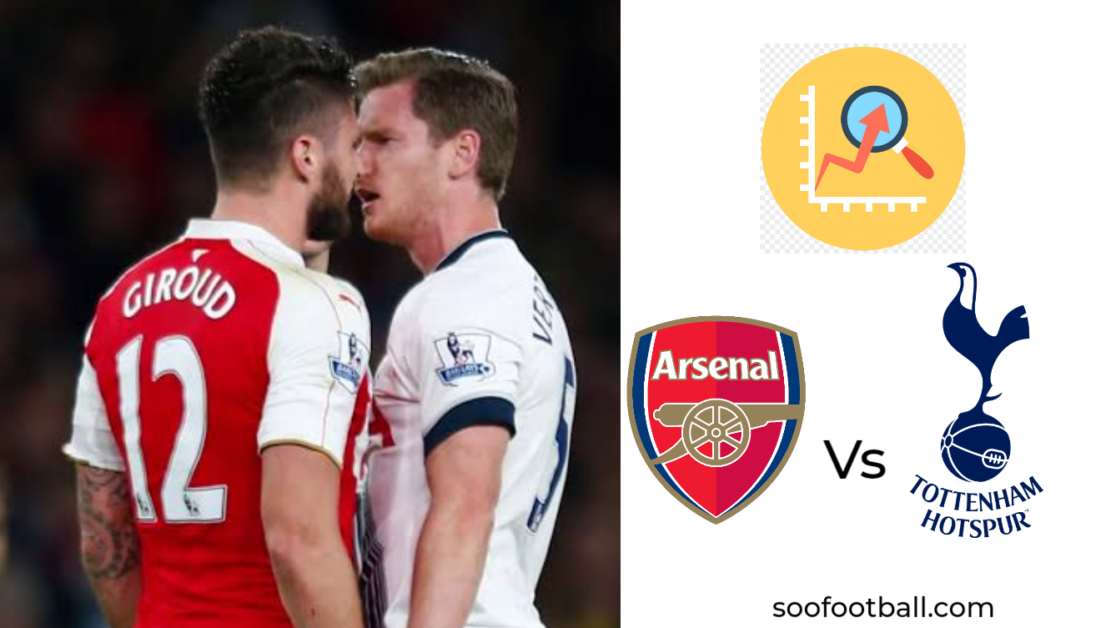Both competitions are organized by the same body but when you compare the UEFA Super Cup Vs UEFA Champions League, there is a major difference.
The UEFA Super Cup and UEFA Champions League are two of the four European football competitions but there is a significant difference between the both of them.
In as much as both are European competitions conducted annually, there’s a striking difference between the two.
This article fully explains both competitions with stats, guides and comparisons.
UEFA Super Cup
Similar to the FA Community Shield of England, the UEFA Super Cup is a one-game competition organized annually by UEFA in which the winners of the UEFA Champions League and Europa League from the previous season go head to head.
Founded in 1972, it became official in 1973 and was renamed in 1995 after initially being called European Super Cup and Super Competition. With Ajax winning the inaugural competition in 1973, Real Madrid Barcelona and AC Milan are the most successful clubs in the competition after having won it 5 times each.
The UEFA Super Cup is a one-game competition, fans across the world have questioned it as to how much of a major trophy it is. Seen by most fans as a “glorified friendly”, the status of the Super Cup is quite arguable.
Compare Reading: Carabao Cup vs Community Shield Cup – Which Is Bigger?
UEFA Champions League
The UEFA Champions League is a football competition in Europe held annually and organized by UEFA. It is participated by 32 teams from Europe, all competing for the grand prize.
It was established in 1955 but was rebranded to the UEFA Champions League in 1992. Just like the Super Cup, Real Madrid is the most successful club in the Champions League with a total of 14 UCL titles.
Being Europe’s most prestigious club football competition, the Champions League is usually participated by the most elite teams in the continent. There’s always high anticipation by football fans for each season due to the high-quality performance of the teams and individual players.
It is also the most-watched club football competition in the world.
With both competitions explained, we now compare and give the differences between the both of them.
Compare Reading: Premier League vs FA Cup: A Guide
Prize Money: UEFA Super Cup Vs UEFA Champions League
There’s a big difference in prize money awarded to the winners of both competitions.
Whereby the winner of the Super Cup will be given €5 million, the Champions League winners will be paid €20 million. This means that the Champions League prize money is four times as much as that of the Super Cup.
The runners-up too are not exempted. The Super Cup runner-up will receive €3.8 million, while the Champions League will be awarded €15.5 million.
After each round of the Champions League, rewards are given, therefore, the total prize money for the UCL winner is more than the figures stated above – about €85.1 million.
Number of teams involved: UEFA Super Cup Vs UEFA Champions League
As we already mentioned before, the Super Cup is a one-game competition, therefore, only two teams will be involved in it.
As for the Champions League, 32 teams will be grouped into 8 groups consisting of 4 teams each. But before the group stage, some teams will partake in preliminary rounds in order to qualify for the group stage games. This will result in about 80 teams in total.
number of rounds: UEFA Super Cup Vs UEFA Champions League
Only one round is played in the Super Cup but the Champions League consists of 5 rounds – a group stage, a round of 16, quarter-finals, semi-finals and final.
qualifier for?
The winning team in the Champions League will get to play in the UEFA Super Cup and FIFA Club World Cup for the following season.
On the other hand, the Super Cup doesn’t qualify the winning team for any other competition.
Record Attendance
In the 1994/95 season, the first leg of the quarter-final encounter between Barcelona and PSG saw the UEFA Champions League record its overall highest attendance of 115,500 at Camp Nou. However, the highest attendance for the UCL final is the 1998/99 final between Manchester United and Bayern Munich, once again, at Camp Nou.
Meanwhile, the 2022 UEFA Super Cup clash had a record attendance in the Super Cup of about 127,000 in the Real Madrid vs Eintracht Frankfurt tie. This match also set a record for the highest attendance for a European Cup final.
UEFA Super Cup Vs UEFA Champions League Comparison In Table
The table below highlights, in summary, the difference between the UEFA Super Cup Vs UEFA Champions League.
| Category | UEFA Super Cup | UEFA Champions League |
|---|---|---|
| Prize Money | 1st – €5 million 2nd – €3.5 million | 1st – €20 million 2nd – €15.5 million |
| Number of teams | 2 | 32 |
| Number of rounds | 1 | 5 |
| Qualifier for | NA | UEFA Super Cup, FIFA Club World Cup |
| Record Attendance | 115,500 | 127,000 |
From the table above, it is unarguable that the Champions League is a bigger competition than the Super Cup.
From the standard of the Champions League to the prize money, the number of teams/rounds, and competitions to qualify for, the Champions League, UCL remains superior to the Super Cup.
Although, it is worthy of note mention that the UEFA Super Cup has a higher record attendance than the UEFA Champions League and also happens to be the record attendance in a European Cup final.
Read Also: Premier League vs La Liga: The Difference
conclusion
Overall, the major difference between the UEFA Super Cup Vs UEFA Champions League is the number of matches played. UEFA Super Cup is just a one-match affair at the begging of the season while the Champions League has 125 matches in total per season.
In addition, the Champions League has always been the biggest and most prestigious in football club competition. Hence, it is more important to win than the UEFA Super Cup.
The question as to if the UEFA Super Cup is a major trophy is a big one but the impact it has made on European football simply cannot be overlooked.






